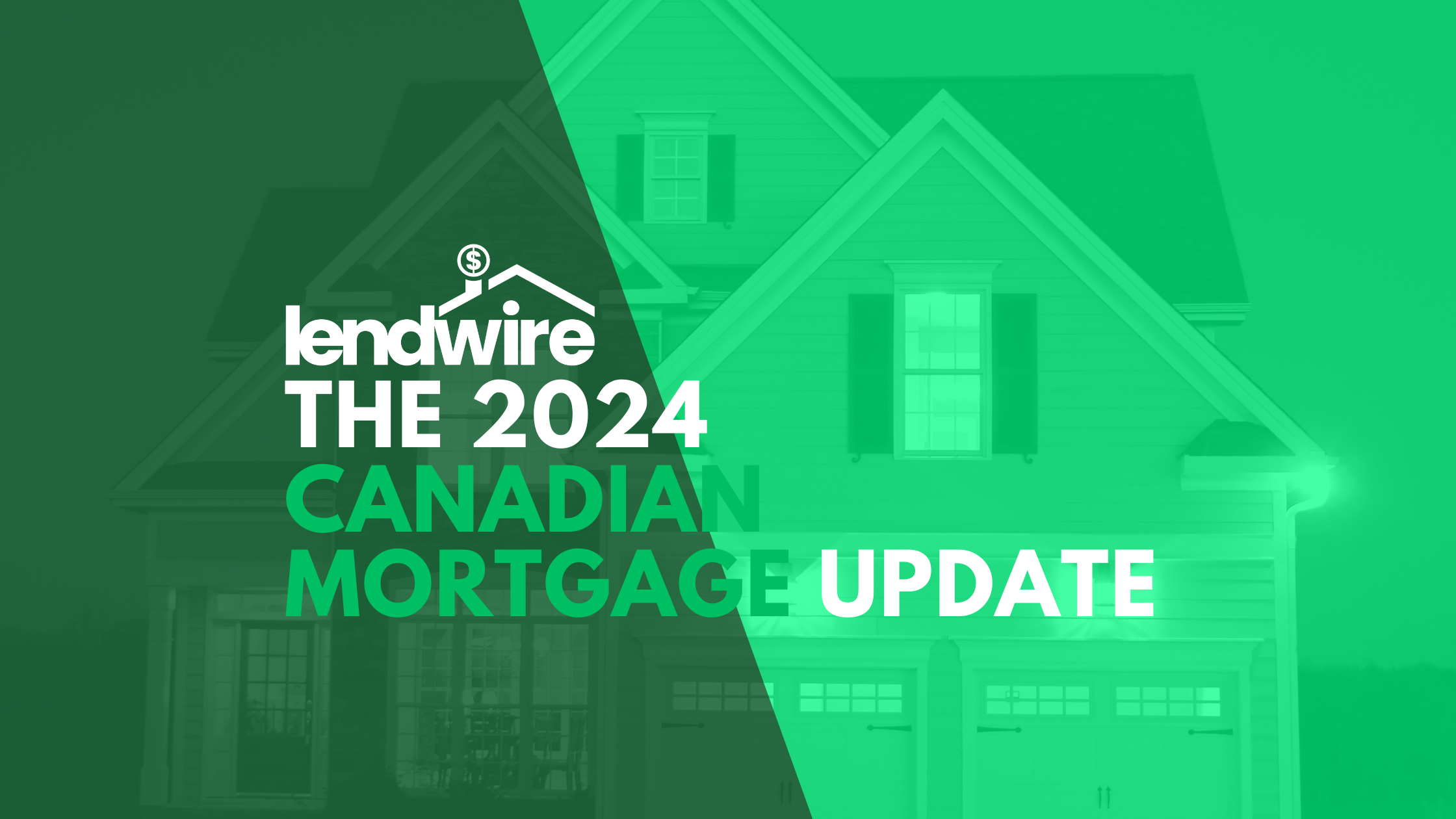
making money make sense
Private mortgages, like any investment, prompt many questions from investors. We have the answers!
Q: Does Lendwire offer mortgages to borrowers directly?
Yes. Borrowers are able to submit deals to us directly through our submission platform . We also work with mortgage brokers who have borrowers looking for funds.
Q: How does Lendwire know the value of a property?
We work with appraisers who evaluate property valuations. Every deal has a list of acceptable appraisers based on the location. Alternatively, Lendwire has partnered with FNF and Chicago Title to have appraisals ordered through them. We also have access to extensive tools for low LTV deals such as APV (Automated Property Valuation).
Q: How does Lendwire handle mortgage renewals?
Lendwire manages all mortgage renewals internally. We send a renewal reminder to both the broker and their client 60-90 days before the mortgage matures. Sixty days before the mortgage is due, we reach out to the borrower to explore their plans and discuss renewal options. If the borrower wishes to renew, our team evaluates market conditions and their payment history to formulate an offer, which we then present to the investor(s) along with an updated security package for their approval.
Q: What happens if an investor opts out of a mortgage renewal?
Should an investor decide against renewing, we notify the borrower and their broker to arrange for full payment and discharge of the mortgage by the maturity date.
Q: Can the mortgage principal decrease by the time it matures?
Yes, in the case of an Amortized Mortgage, the borrower's blended payments reduce the principal over time. Details of these payments can be found in the Amortization Schedule provided with the original Mortgage Commitment.
Q: Is it possible for the interest rate to increase at renewal?
Depending on market dynamics and interest rate trends, an adjustment in rates or fees might be necessary at renewal to align with current market rates.
Q: How is a switch from pre-paid to monthly mortgage payments handled?
When transitioning from pre-paid to monthly payments, Lendwire sets up a direct payment arrangement. We collect the borrower’s bank details and facilitate their authorization via a PAD agreement, which is also communicated to the investor(s).
Q: Can an investor request fresh appraisals or credit reports at renewal?
Each renewal is evaluated individually. If deemed necessary, Lendwire will arrange for updated appraisals or credit checks on behalf of the investor(s).
Q: What if a borrower fails to settle the mortgage at maturity?
If a borrower does not clear their mortgage upon maturity, Lendwire's partnership with an enforcement team will take over the management of the mortgage 15 days post-maturity to decide the next steps.
Q: What might delay a mortgage discharge?
Several factors can delay discharge, including slow receipt of discharge instructions from the new lender, premature payout requests, additional funding requests to the new lender, and high request volumes at legal offices.
Q: Are investors compensated for a delayed discharge?
Yes, any applicable fees due to a delayed discharge are passed to the investor in accordance with local legal regulations.
Q: Do I need a notary for releasing mortgage documents?
Except in Ontario, all provinces require notarized release documents to register a mortgage discharge at the Land Registry/Titles Office.
Q: Do investors receive mortgage discharge documents?
Absolutely. Lendwire ensures that investors receive a copy of the discharge document once it's prepared and vetted by our legal team.
Q: Are Trustee fees covered at discharge?
Trustee fees are generally considered a standard business expense and are not covered by Lendwire at the time of discharge.
Q: Can investors use their own lawyer for the discharge process?
To avoid delays and ensure efficiency, Lendwire coordinates discharges through our network of partnered legal professionals across the country. Using external lawyers can lead to unnecessary delays and expenses.
Q: Does Lendwire charge an administration fee to investors?
No, investors are not charged any fees for our mortgage services. All administration fees are borne by the borrower(s).
Q: Are administration fees paid to the investor or Lendwire?
No, Lendwire retains the administration fees paid by the borrower and distributes them to our third-party EMD.
Q: Does Lendwire use internal payment processors?
Lendwire manages payment processing in-house with our expert team, handling everything from post-closing administration to managing arrears and default payments.
Q: How does Lendwire ensure quality throughout the mortgage term?
Our dedicated fulfillment and compliance teams conduct continuous quality control reviews throughout the mortgage term, ensuring adherence to regulations and verifying all necessary compliance documents.
Q: How often are interest payments distributed to investors?
Interest payments are typically made monthly. For pre-paid mortgages, interest for the entire term is paid upfront. Investors in Lendwire Direct MIC Fund will receive monthly, quarterly or annual dividends.
Q: When should investors expect monthly payments? What happens if there is a delay?
Payments usually arrive within 2 business days. If there has been a prior issue with non-sufficient funds (NSF), it may take 5-7 business days. Investors should contact their bank directly if payments are delayed beyond these windows.
Q: What is the procedure for NSF payments?
Lendwire will reattempt to collect NSF payments mid-month. If this fails, we contact the borrower directly to arrange payment via direct deposit or e-transfer. We manage all communication with the borrower, keeping investors informed throughout the process, which may take up to 20 business days.
Q: When are NSF payments given back to investors?
NSF payments are disbursed to investors within 1 business day of receipt. If the mortgage is being discharged, it will be included in the final payout.
Q: Do investors have anything to look out for?
Investors should promptly notify Lendwire of any NSF payments, insurance issues, first mortgage arrears, condo or property tax liens. Notifications should be sent to Lendwire’s administration team along with any relevant documentation.
Q: What happens if a mortgage defaults?
In case of a default, Lendwire’s enforcement team and EMD works diligently to resolve the situation, either through satisfactory arrangements or legal actions. Our goal is to safeguard the investor’s interests, ensuring recovery of principal and interest wherever possible.
Q: What if the property that is secured becomes damaged?
Lendwire requires comprehensive home insurance for all mortgaged properties to cover potential damages, safeguarding both the borrower’s and investor’s interests.







